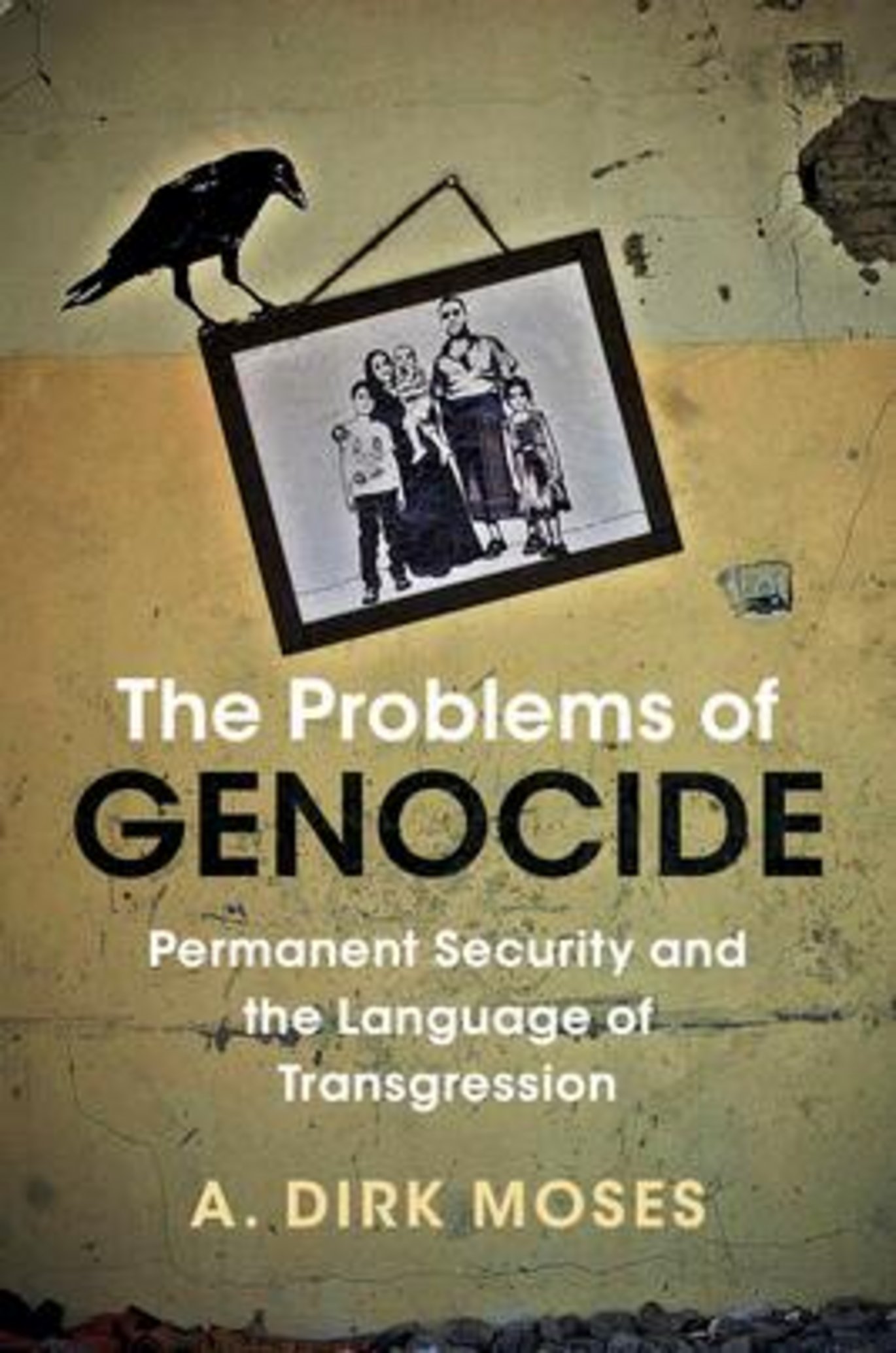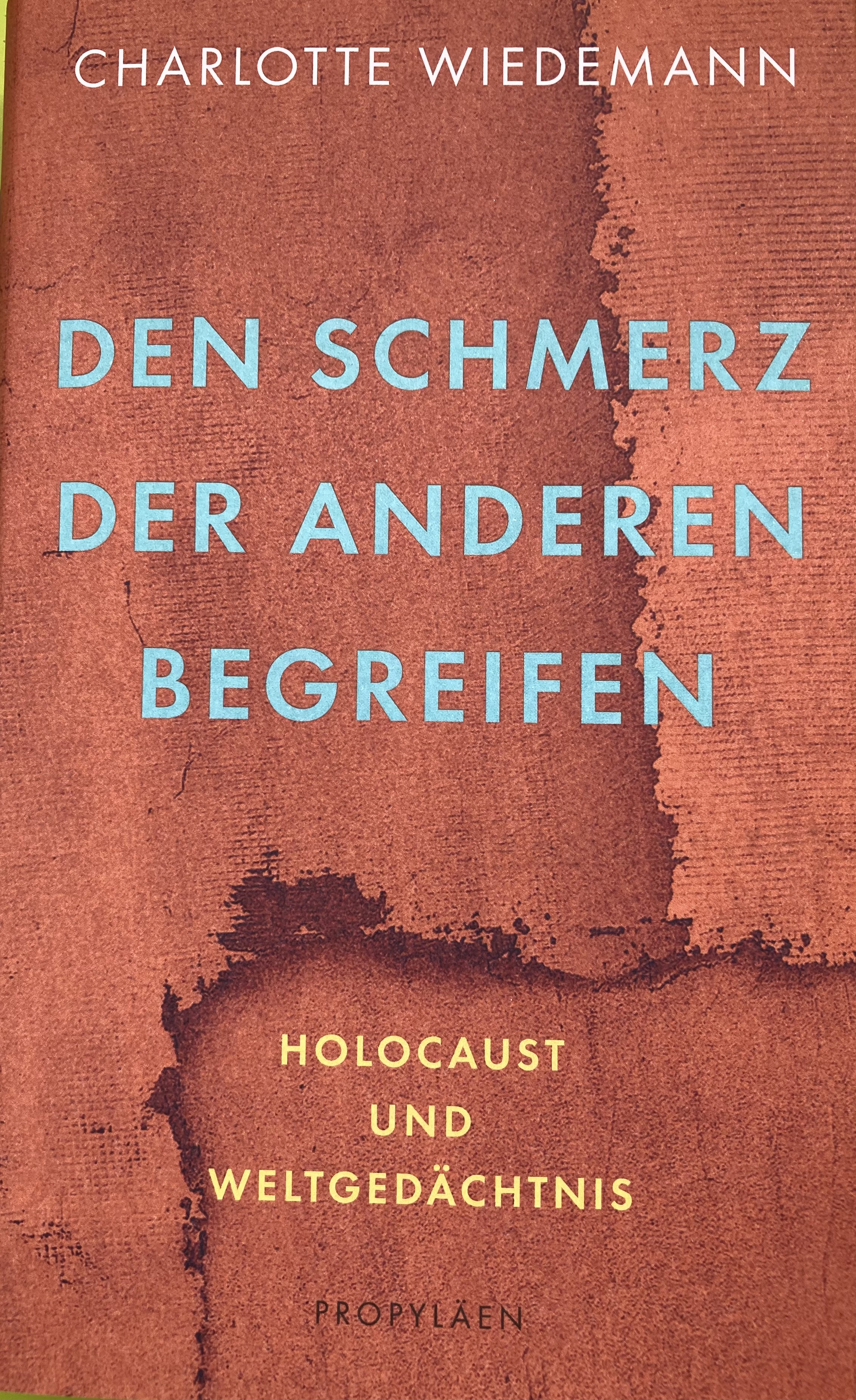Uses of the Past and Memory Studies Association Seminar ‘The Future of Atrocity Memory'

Info about event
Time
Location
Blended event at the Aarhus University Conference Center/ Faculty Club, building 1420, room M2, on Zoom and via live stream on YouTube. See details for online attendance at the bottom of this page.

Dirk Moses (City College of New York) in conversation with Charlotte Wiedemann (Berlin) and Wulf Kansteiner (Aarhus University).
Programme
14.15-14.30 Introduction Wulf Kansteiner
14.30-15.15 Dirk Moses "Remembering Genocide between East and West, North and South"
15.15-15.30 Break
15.30-16.00 Response Charlotte Wiedemann
16.00-16.15 Response Wulf Kansteiner
16.15-17.00 Plenary discussion
Description
A critical re-assessment of Holocaust memory appears prudent. The self-reflexive memory of the “Final Solution,” invented in the 1970s and 1980s and institutionalized on a global scale since the 1990s, has served Europe well. But the media landscape, the demographic situation, and the political challenges have changed. Europe’s master memory might need more than a digital face lift.
The hopes attached to Holocaust memory were never modest. Looking back in horror at war and genocide was supposed to prevent the kind of catastrophic decisions that caused the world wars and the “Final Solution.” The plan has not always worked out, possibly because of faulty assumptions about the interdependence of memory, identity, and politics. Plus, some of the legal tools designed to safeguard Holocaust memory appear to be at odds with the democratic values Holocaust memory is supposed to foster in the first place. Moreover, Holocaust memory reflects the mnemonic needs and social profile of postwar Western European societies before they were shaped by large-scale immigration and before Eastern European nations rejoined Europe after the Cold War. Finally, how precisely does revisiting early-twentieth-century European crimes help us meet the decisive political challenge of our time and avert a climate catastrophe?
In response to these doubts and questions, the advocates of the memory status quo advise against radical change for both historical and mnemonic reasons. They are convinced that the “Final Solution” represents an exceptional historical event and should be acknowledged as such. In a similar vein, they consider Holocaust memory a truly remarkable accomplishment of postwar memory culture that will remain an essential ethical guidepost for European and especially German society for many decades to come. Calling into question the cornerstones of European memory at the very moment of a resurgence of right-wing ideologies deprives society of an effective tool of civic education when it is most needed. After all, wealthy European societies can add all kinds of topics and aesthetics to their memory cultures without having to abandon the time-tested principles of Holocaust memory.
There are apparently good reasons to assess the state of the art of atrocity memory, the war in Ukraine being one of them, and there are excellent reasons to do that together with Dirk Moses. Moses has advanced the debates on two levels. In his new book The Problems of Genocide, he has argued that we have failed to understand key underlying causes of the Holocaust and other genocides. He claims that we have created a misleading albeit comforting dichotomy between illiberal fascist and communist regimes engaging in mass crimes, on the one hand, and liberal democratic regimes allegedly foregoing such violence, on the other hand. Moses places the various political systems on a spectrum. Despite important differences in the scale of their transgressions, they are all driven by illegitimate and unethical security needs prompting them to violate the rights of citizens and civilians time and again. How does that historical insight change our memory priorities?
In addition, in a widely read discussion piece “The German Catechism,” Moses has directed his critical gaze at the cradle of self-reflexive Holocaust memory and admonished Germany for aggressively promoting a non-inclusive, hierarchical, and unjust memory culture that differentiates gratuitously between different acts of collective violence and different groups of victims. He considers Holocaust memory, as institutionalized by state institutions, an obstacle for Germany on its way to becoming a more diverse, tolerant, and inclusive society. What concrete, sweeping changes would he like to see in German and European memory culture?
The panel will put Moses’ theses to the test and develop suggestions about the relevance of atrocity memory in post-colonial, anthropocenic times.
Biography A. Dirk Moses
A. Dirk Moses is the Anne and Bernard Spitzer Professor of Political Science at the City College of New York since August, 2022. He has also taught at the University of Sydney, the European University Institute in Florence, and the University of North Carolina at Chapel Hill. Dirk is the author and editor of books on genocide and memory studies. The latest is The Problems of Genocide: Permanent Security and the Language of Transgression (Cambridge, 2021). He also edits the Journal of Genocide Research and is working on a book called Genocide and the Terror of History.
Biography Charlotte Wiedemann
Charlotte Wiedemann is a German author and foreign reporter who has been conducting research in over thirty countries in Africa and Asia, often focusing on Muslim life worlds. She has published in a host of leading print media and is the author of seven books, including volumes on Iran, Mali and on “The Long Farewell to White Dominance“. Recently appeared her newest book: “To Grasp the Pain of the Others. Holocaust and World Memory” (Den Schmerz der Anderen begreifen. Holocaust und Weltgedächtnis.)
Biography Wulf Kansteiner
Wulf Kansteiner is Professor MSO in the history department at Aarhus University. He is a cultural historian, historical theorist, and memory studies scholar. His research focuses on cultural memories in film, television, and digital culture; the narrative structures of historical writing; the methods and theories of memory studies; and the history and memory of the Holocaust and other genocides. He is co-editor of the Sage-Journal Memory Studies and president-elect of the Memory Studies Association. Current projects include the Oxford Handbook of History & Memory.
In person attendance, Zoom registration and live stream access
For in person attendence no regsitration is necessary. For online attendence, please register here. The event will also be live streamed on YouTube here.
